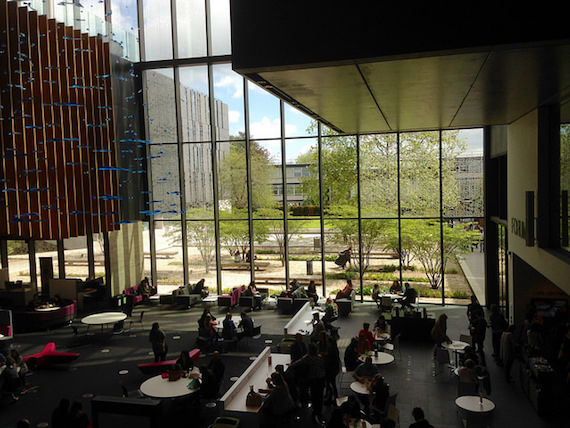By Martin Vogel

This is the final post in our series looking at how our counter-consultancy approach meets the needs of higher education institutions. Here we explore how interdisciplinarity and external collaboration can revitalise the public value of universities.
Interdisciplinarity and external partnerships provide a foundation for universities to renew their public value. This is because they grow out of the genuine and distinct strengths of a particular institution and point to how it can make a unique contribution to addressing society’s challenges. But this contribution can be realised only if there is clarity about the institution’s public purposes: the generic ones it shares with other higher education establishments and the distinct one that arise out of its own particular circumstances.
Continue reading “Reconnecting universities to their public purposes”



